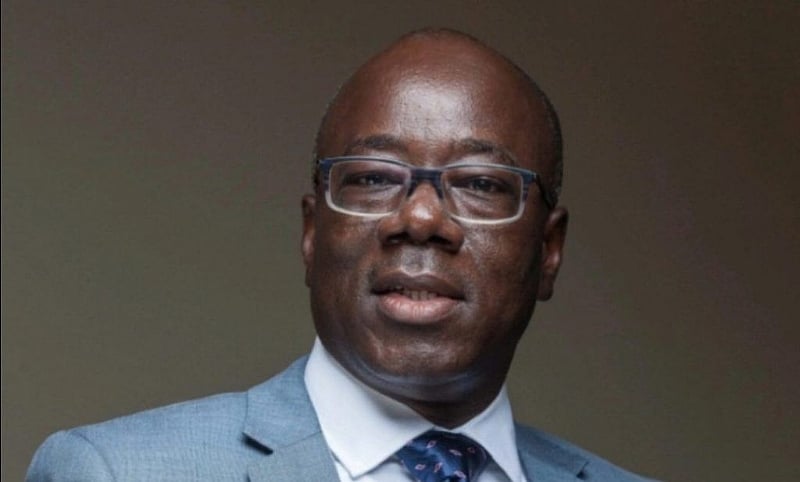The recent shift in Ghana’s parliamentary landscape, with the National Democratic Congress (NDC) securing a significant majority, has sparked discussions about the role and effectiveness of the minority caucus, particularly in light of President John Dramani Mahama’s “reset agenda.” Dr. Rasheed Draman, Executive Director of the African Centre for Parliamentary Affairs (ACEPA), has emphasized the critical importance of a robust and active minority in ensuring that Parliament functions as an independent body, holding the executive accountable and representing the interests of all citizens, not just the ruling party. He argues that sidelining the minority, despite their reduced numbers, would be detrimental to the country’s democratic progress and could undermine the president’s commitment to a fresh start.
Dr. Draman’s core argument centers on the idea that a vibrant democracy requires a balance of power. While the NDC’s significant majority gives them considerable influence, a strong and vocal minority is essential to prevent Parliament from becoming a mere echo chamber for the executive branch. He cautions against a return to the “business as usual” scenario where Parliament simply rubber-stamps executive decisions without proper scrutiny and debate. Such a situation, he argues, would not only marginalize the opposition but also stifle diverse perspectives and potentially lead to policies that do not adequately address the needs of the entire population. A healthy democracy, according to Dr. Draman, thrives on vigorous debate and constructive criticism, which are primarily facilitated by an active and empowered minority.
The concern about Parliament becoming a “rubber stamp” is particularly relevant given the NDC’s overwhelming majority. With over 180 members, the NDC has the power to push through legislation with minimal resistance. This numerical advantage, while potentially beneficial for enacting their agenda, carries the risk of overlooking alternative viewpoints and potentially enacting policies that are not in the best interests of the country as a whole. Dr. Draman’s call for a non-partisan Parliament, one that prioritizes national interests over party loyalty, directly addresses this potential pitfall. He argues that true progress and a genuine “reset” for Ghana require a Parliament that is willing to challenge the executive, even if it means going against party lines.
Furthermore, Dr. Draman underscores the importance of tolerance and open dialogue within the parliamentary process. He urges the new majority leadership, headed by Mahama Ayariga, to create an environment where the minority’s voice is not only heard but also respected. He stresses the need for a leadership that is open to criticism, negotiation, and compromise, even when they ultimately have the power to prevail. This emphasis on inclusivity and collaboration is crucial for fostering trust and ensuring that parliamentary decisions reflect a broad spectrum of perspectives. A Parliament that operates on the principles of mutual respect and open communication is better equipped to address complex issues and develop effective solutions that benefit the entire nation.
The call for a non-partisan, actively engaged Parliament is directly linked to President Mahama’s reset agenda. Dr. Draman interprets this agenda as a commitment to a new era of governance, one characterized by greater transparency, accountability, and inclusivity. He believes that the president’s stated intention to give space to the minority should translate into concrete actions within Parliament. A meaningful reset, in Dr. Draman’s view, requires a fundamental shift in the dynamics of parliamentary discourse, moving away from partisan gridlock and towards collaborative problem-solving. He suggests that the president’s commitment to this reset will be judged, in part, by the extent to which the minority is allowed to play a meaningful role in the legislative process.
In conclusion, Dr. Draman’s appeal for a stronger, more engaged minority caucus is not simply a plea for procedural fairness; it is a fundamental argument for a more effective and representative democracy. He argues that a robust minority is not an impediment to governance but rather an essential component of a healthy political system. It is through the interplay of diverse opinions, vigorous debate, and constructive criticism that Parliament can truly fulfill its role as a check on executive power and a champion of the public interest. By embracing inclusivity, tolerance, and open dialogue, Parliament can contribute significantly to the realization of President Mahama’s reset agenda and pave the way for a more democratic and prosperous Ghana.


